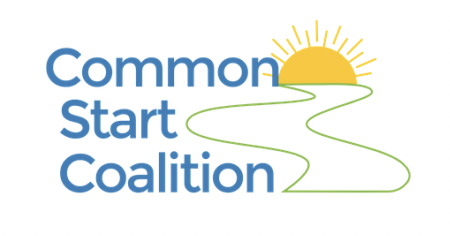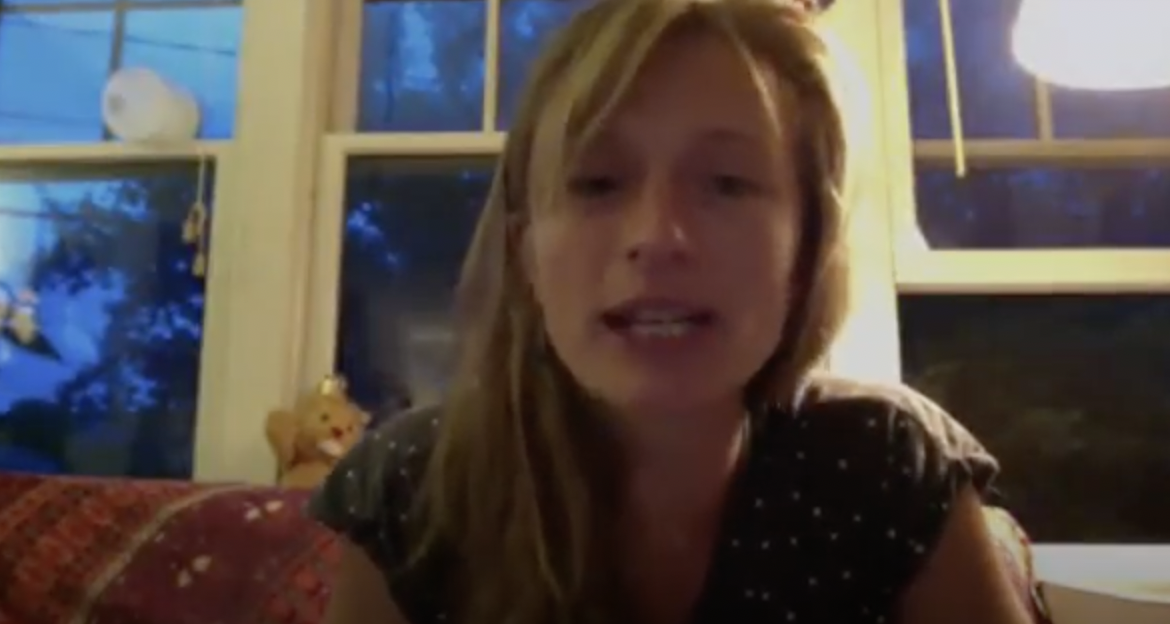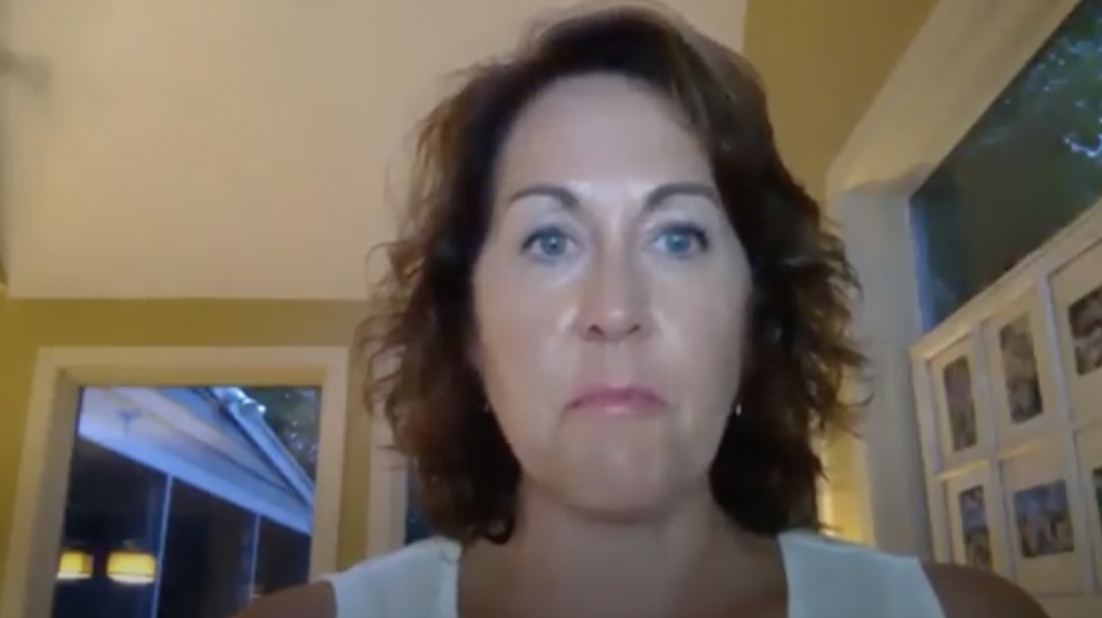Barnstable County Perspectives on the Child Care Crisis
Barnstable County is facing a crisis in the child care and early education sector, and community members are speaking out about how they have been impacted. Their stories highlight the immediate change that must be seen in the state of Massachusetts.
After experiencing how difficult it is to find care for an infant in Falmouth, MA, Ilya U. says that “it is very sad actually to see in such a well-off country like the United States that one often needs to choose between having a kid and having a professional career. I think a public daycare is just as important as the public school system that we have, and we should certainly reorganize our education system and prioritize the importance of high quality early education for our children.”
Chandler A. notes a differing perspective on financial hardship: “When I started as a teacher assistant, I was paid $10 an hour in Falmouth, Massachusetts to be in charge of children’s lives. It is a self-fulfilling job, but fulfillment doesn’t solve the dilemma of having to choose whether I can eat that night or hav[ing] enough money to pay my rent. It is time to start valuing our early childhood educators and investing in our children.”
Nola G., a Barnstable provider, tells her story of intersecting financial struggles between both herself and parents, saying that “when I looked at the monthly cost per child my heart sank because I knew that many families would not be able to afford the cost. That being said, I knew that if I lowered the price I would not be able to sustain my business long-term… I enjoy serving my community and I love running my own business based on my values, but there are times when I consider returning to teaching at a public school, and the reason is mostly financial. In my final year of teaching at a public school my income was $63,000 a year, and last year I made about $24,000. It’s clear to me that there is something broken about the family childcare system by design if parents have to pay nearly the same amount for full time care as they do on rent, and yet for me as a teacher, I am just making ends meet.”
Although Elise H. was able to find the financial means to get her son into child care, she recognizes that many aren’t able to do this due to financial reasons. She says that “as a result, other daycares will have to close their doors forever. That means more people become unemployed, and more people are going to need to stay home to care for their children, giving up their careers as well. So, I see that universal child care is a solution for helping people of all [backgrounds] be able to realize their goals both in their careers and having families. Child care should be a reproductive right and it's the right thing to do for families.”
Finally, Stacie P., a provider, asks the crucial question: “How do you take a mixture of funding streams as a provider and put all those pieces together and deliver a high quality program and still have families be able to afford it?”
A theme seen time and time again is the financial struggle that child care often causes. Common Start provides a much more sustainable and affordable framework that centers equity at its core.






